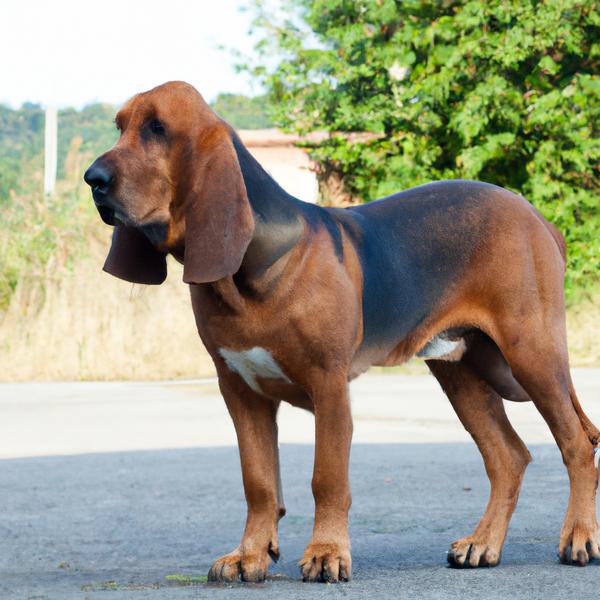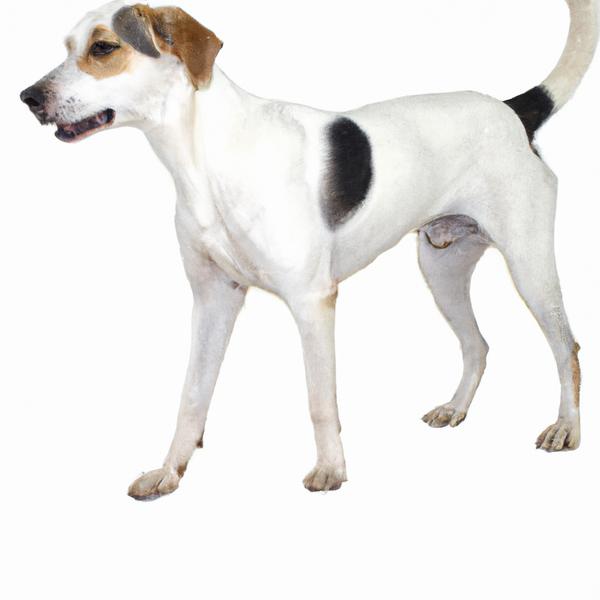Bloodhound vs. Tibalier: Breed Differences and Similarities
Hypoallergenic
Are Bloodhounds or Tibaliers hypoallergenic, or neither?
Unfortunately, neither Bloodhound nor Tibalier are hypoallergenic, which may not make them the best choice for dog lovers who suffer from pet allergies.
Temperament
What are the personalities of Bloodhound and Tibalier dogs?
Affectionate
Gentle
Independent
Outright
Tempered
Stubborn
Active
Aloof
Independent
Happy
Courageous
Intelligent
Friendly
Affectionate
Gentle
Social
Fearless
Assertive
Cheerful
Quiet
Nonaggressive
Willful
Polite
Graceful
Sporty
No tendency towards nervousness
Shedding Level
Do Bloodhounds shed more than Tibaliers, or which breed sheds more, Bloodhounds or Tibaliers?
Bloodhound or Tibalier dogs are not heavy shedders, but they will lose a significant amount of hair each year. To decrease the amount of shedding, you can regularly brush your Bloodhound or Tibalier. This will remove loose hair and keep their coat growing in the same direction.
Watchdog Ability
Which dog breed makes a better watchdog, the Bloodhound or Tibalier?
Bloodhound or Tibalier breed are not the best choices if you want a good watchdog.
Ancestry
What are the origins of Bloodhound and Tibalier breeds?
flemish hound, talbot hound
Tibetan Spaniel, Cavalier King Charles Spaniel
Breed recognition
Which kennel clubs recognize/register Bloodhound and Tibalier?
American Canine Registry
American Kennel Club
America's Pet Registry
Canadian Kennel Club
Dog Registry of America Inc.
Federation Cynologique Internationale
Kennel Club of Great Britain
North American Purebred Registry, Inc.
Australian National Kennel Council
Continental Kennel Club
National Kennel Club
New Zealand Kennel Club
United Kennel Club
Dog Registry of America Inc.
Date of Birth
When were Bloodhound and Tibalier breeds first developed?
middle ages
Unknown
Eye Color Possibilites
What are the eye colors of Bloodhound and Tibalier dogs?
Hazel
Amber
Brown
Nose Color Possibilites
What are the natural nose colors of Bloodhound and Tibalier?
Black
Brown
Black
Coat Color Possibilites
What are the natural colors of the coat for Bloodhound and Tibalier breeds?
Black
Brown
Red
Fawn
Sable
Black
Brown
Cream
Red
Sable
Silver
White
Coat Length
What is the typical coat length for Bloodhound and Tibalier breeds?
Bloodhounds have short coats.
Tibaliers have coats that can be either short or medium in length.
Coat Density
What is the density of the coat of Bloodhound and Tibalier?
Coat Texture
What is the hair texture of Bloodhound and Tibalier?
Straight
Litter Size
What is the usual litter size for Bloodhound and Tibalier?
A Bloodhound can have a litter of 10-12 puppies on average. However, it's worth noting that the size of the litters can vary greatly. Factors that can influence litter size include the health of the mother, breeding history, and genetics.
A Tibalier can have a litter of 3-6 puppies on average. However, it's worth noting that the size of the litters can vary greatly. Factors that can influence litter size include the health of the mother, breeding history, and genetics.
Adaptability
Bloodhounds have average adaptability to changes in lifestyle and living environments compared to other breeds.
Tibaliers are highly adaptable and versatile, making them excellent companions for families and individuals of all lifestyles.
Health Issues
Between Bloodhound and Tibalier, which breed is more prone to health problems?
The Bloodhound breed is generally very healthy, requiring minimal vet visits. Still, it's important to keep an eye on their health and seek veterinary care when needed.
Tibaliers are susceptible to health issues like all breeds, so it's important to monitor their health and seek veterinary care when needed.
Major Concerns
What are the major health concerns for Bloodhound and Tibalier breeds?
Otitis Externa
Entropion
Gastric Torsion
Cherry Eye
Hip And Elbow Dysplasia
Canine Hip Dysplasia (Chd)
Syringomyelia
Mitral Valve Dysplasia
Minor Concerns
What minor health issues should be kept in mind when owning Bloodhound and Tibalier?
Bone And Joint Problems
Hypothyroidism
Patellar Luxation
Entropion
Portacaval Shunt
Cataracts
Retinal Dysplasia
Exposure Keratopathy Syndrome
Corneal Dystrophy
Progressive Retinal Atrophy (PRA)
Occasional Tests
What occasional tests are recommended for Bloodhound and Tibalier breeds?
Eye
Hip
Elbow
Thyroid Tests
X-Rays
Eye Examination
Skin Evaluation
Blood And Urine Analysis
X-rays or other radiographic imaging
Electrocardiograph (ECG - measures rate and rhythm)
Energy
How do the energy levels of Bloodhounds and Tibaliers compare?
Bloodhounds thrive on an active lifestyle due to their high-energy nature.
Tibaliers' high energy levels make them unsuitable for a low-key dog, choose accordingly.
Social Needs
Bloodhound vs Tibalier social needs comparison
Bloodhound and Tibalier have very high social needs. These needs include regular mental and physical stimulation, a job or purpose, and companionship. They thrive in environments where they have a lot of interaction with humans and other dogs.
Exercise Needed
Bloodhound vs Tibalier exercise need comparison.
Bloodhounds need high physical activity and are ideal for active individuals, but not suitable for sedentary lifestyles or small apartments.
Tibaliers need moderate physical activity and are great for families and active individuals.
Sleeping Need
Which of the two sleeps the most/least: Bloodhound or Tibalier?
Bloodhounds are active and require sufficient sleep to stay healthy.
Tibaliers have moderate energy levels and typical sleep patterns of 12-14 hours per day.
Tendency to Bark
Do Bloodhounds or Tibaliers bark more/less frequently?
Bloodhound dogs bark and howl frequently and are not recommended for quiet homes.
Tibaliers bark moderately when necessary and may also bark due to certain triggers like fear, alarm, boredom, greeting, separation anxiety and compulsive barking.
Mouthiness
Mouthiness Comparison: Bloodhound vs Tibalier?
Roaming urge
Bloodhound vs Labrador: Running away tendency?
Prey Drive
Bloodhound or Tibalier - which breed has a higher level of prey drive?
Past times
What are some enjoyable activities and ways to keep Bloodhound and Tibalier entertained?
Snack time, Walk, Petting, Sniffing, Not walking, Eating treats, Walking, Cuddle, Hide & Seek
Cuddles, Walks and runs, Treat toys, Kong fun, More cuddles
Activity Level
Which breed has higher energy, Bloodhounds or Tibaliers?
Bloodhounds are medium-energy dogs and typically enjoy socializing and playing casual or even sustained games of chase with other dogs. They may also have occasional periods of barking or racing around the house.
Tibaliers are low-energy dogs. This breed make a great companion for a relatively inactive person. Tibalier dogs require a few short daily walks, and then they're happy snuggling next to you for the rest of the day.
Tolerance of being left alone
Walks per Week
How many miles should Bloodhound or Tibalier walk each week?
There's really no limit to how far you walk your dog as long as they're comfortable. For Bloodhound, it's at least 8 miles / week. Just remember to build distance and stamina gradually over time.
There's really no limit to how far you walk your dog as long as they're comfortable. For Tibalier, it's at least 6 miles / week. Just remember to build distance and stamina gradually over time.
Activity per Day
Do Bloodhounds or Tibaliers require more exercise?
In general most Bloodhounds usually need at least 60 minutes of exercise daily. This can be spread across the day and include all sorts of high-energy activities, like walking, running and playing.
In general most Tibaliers usually need at least 30 minutes of exercise daily. This can be spread across the day and include all sorts of high-energy activities, like walking, running and playing.
Grooming
Which breed is easier to maintain in terms of grooming, Bloodhounds or Tibaliers?
The Bloodhound has low grooming needs and is easy to maintain.
The Tibalier requires an average amount of grooming compared to other breeds.
Brushing Frequency
What is the recommended brushing frequency for Bloodhound and Tibalier dogs?
Bloodhound and Tibalier should be brushed at least once a week. Of course, you can give them more frequent brushes if you find that they are still shedding a lot.
Brushing Tools
What brushing tools are used for Bloodhounds and Tibaliers?
Slicker Brush
Nail Clipper
Pin Brush
Comb
Scissors
Nail Clipper
Cups
How much food should be given to Bloodhound or Tibalier in cups?
For an average 90-110 pound (41 - 50 kg) Bloodhound feed 3 cups daily. But, keep in mind, the amount you feed is going to be dependent on the quality of the food you are feeding.
For an average 11-16 pound (5 - 7 kg) Tibalier feed 1 cups daily. But, keep in mind, the amount you feed is going to be dependent on the quality of the food you are feeding.
Daily Cost
Which breed has a higher daily cost, Bloodhound or Tibalier?
The average cost of a Bloodhound is somewhere $2.80 - $3.20 per day.
The average cost of a Tibalier is somewhere $1.10 - $1.40 per day.
Monthly Cost
Which breed has a higher monthly cost, Bloodhound or Tibalier?
The average per month expenses of a Bloodhound is between $84 - $95. This makes an average of $1008 - $1140 per year. It will be on the higher side when the dog is still small because it will need more frequent visits to the vet, shots.
The average per month expenses of a Tibalier is between $28 - $42. This makes an average of $336 - $504 per year. It will be on the higher side when the dog is still small because it will need more frequent visits to the vet, shots.
Intelligence
Comparing Intelligence: Bloodhounds vs Tibaliers
Bloodhound is a very intelligent and trainable breed.
Tibaliers are average in obedience intelligence but have a high IQ and may cause trouble if left unsupervised.
Sensitivity Level
How do Bloodhound and Tibalier compare in sensitivity?
This breed is sensitive and requires gentle handling and a calm home environment.
This breed is sensitive to its environment and best suited for patient and understanding families with a consistent routine.
Affection Dependance
Which is the more affectionate dog breed: Bloodhound vs Tibalier?
Apartment Friendly
Which breed is more apartment-friendly: Bloodhound or Tibalier?
The Bloodhound is not suitable for apartments and requires a large yard to thrive. Pent-up energy in small spaces can lead to destructive behavior.
Tibaliers make excellent apartment dogs, being fairly active indoors and not requiring a yard.
Child Friendly
Do Bloodhounds or Tibaliers have a friendlier temperament towards children?
The typical characteristics of Bloodhound and Tibalier indicate that this breed of dog is an ideal companion for kids and makes them family pets. Their gentle and protective nature and calm mentality make them gel along quickly with the younger humans.
Senior-friendly
Which dog is more suitable as a pet for the elderly - Bloodhound or Tibalier?
Cat Friendly
Do Bloodhound or Tibalier breeds have a better compatibility with cats?
Bloodhounds are very friendly with cats and make great companions for them.
Tibaliers are good with cats, but early training is needed to prevent chasing behavior.
Dog Friendly
Which breed is more sociable with other dogs: Bloodhound or Tibalier?
Bloodhounds and Tibaliers are very friendly towards other dogs. This breed typically have a happy and affectionate temperament around dogs.
Pet friendly
How do Bloodhound or Tibalier dogs interact with other pets?
Stranger Friendly
Which breed is more friendly with strangers: Bloodhound or Tibalier?
Bloodhounds are highly friendly around strangers.
Tibaliers are friendly but may bark at strangers, and training is easy due to their intelligence.
Playfulness
Which breed is more playful between Bloodhound and Tibalier?
Bloodhounds are very playful, so adopting an older one might be a better option for a more relaxed experience.
Tibaliers have an average level of playfulness, enjoying playtime like most dogs but not excessively so.
Trainability
How do the trainability levels of Bloodhounds and Tibaliers compare?
Bloodhound and Tibalier dogs are known for their ease of training and ability to learn quickly, making them a popular choice for pet owners and trainers alike.
Compare Bloodhound with other breeds
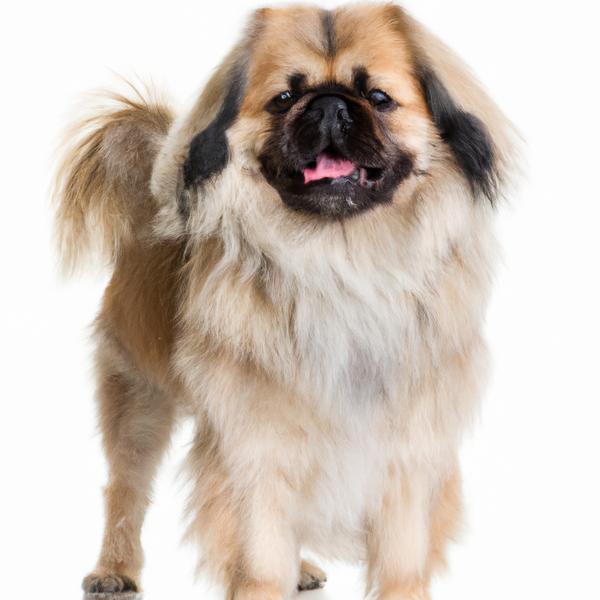
Tibetanpei Spaniel
Bloodhound vs Tibetanpei Spaniel
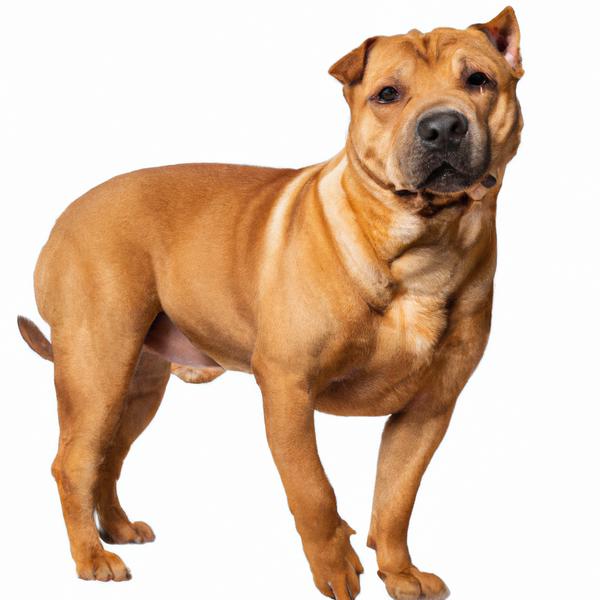
Shar-Pei Pitbull Terrier
Bloodhound vs Shar-Pei Pitbull Terrier
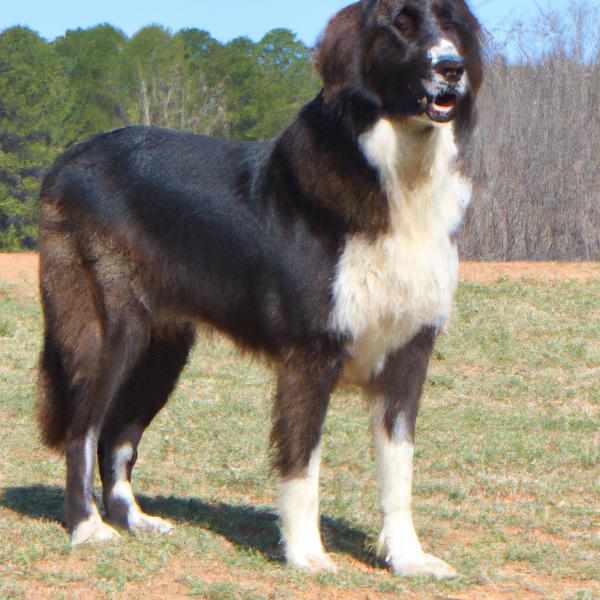
Mastapeake
Bloodhound vs Mastapeake
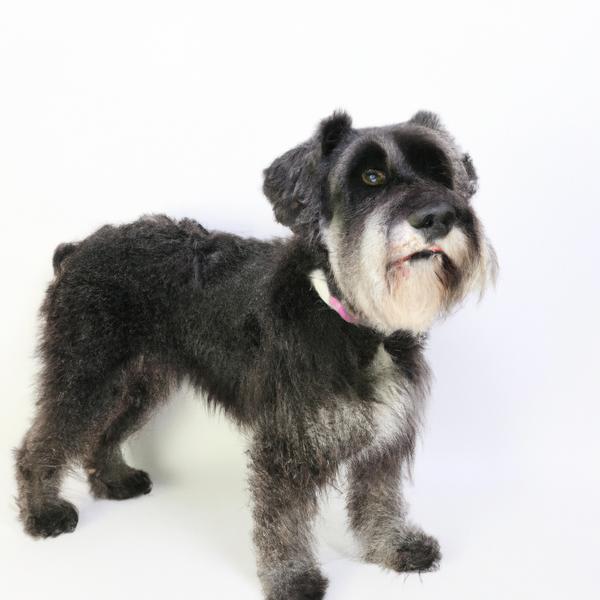
Mini Bolonauzer
Bloodhound vs Mini Bolonauzer
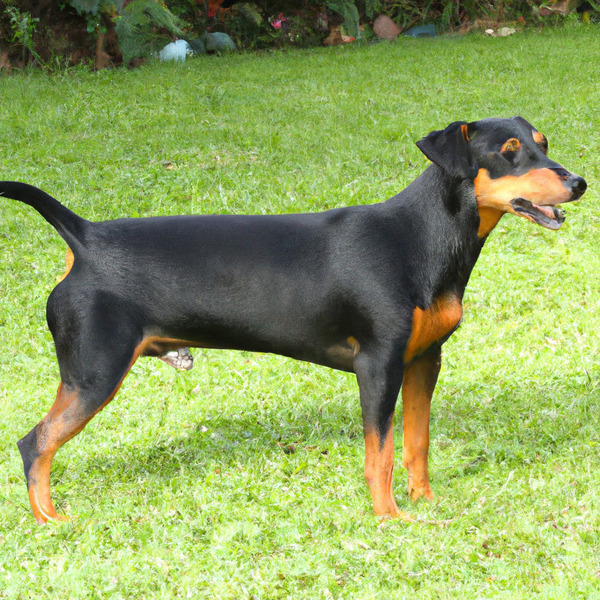
Decker Hunting Terrier
Bloodhound vs Decker Hunting Terrier
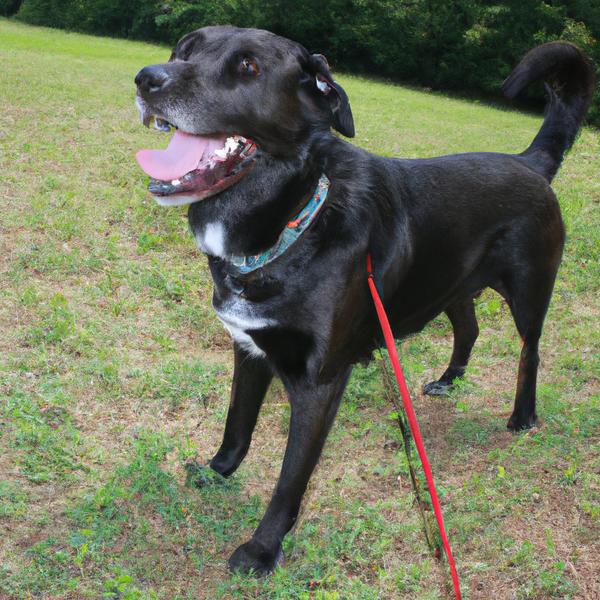
Labrottie
Bloodhound vs Labrottie
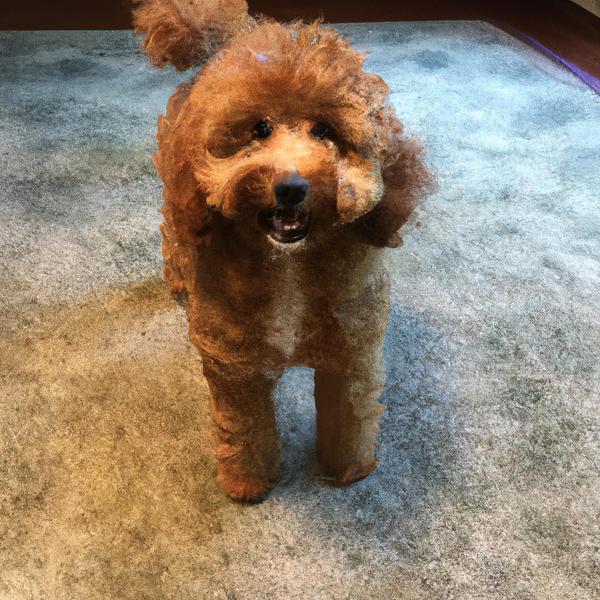
Papi-poo
Bloodhound vs Papi-poo
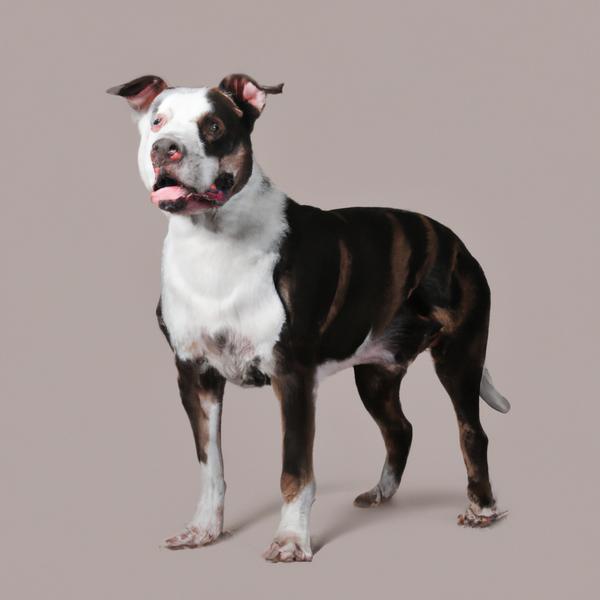
American Bull-Aussie
Bloodhound vs American Bull-Aussie
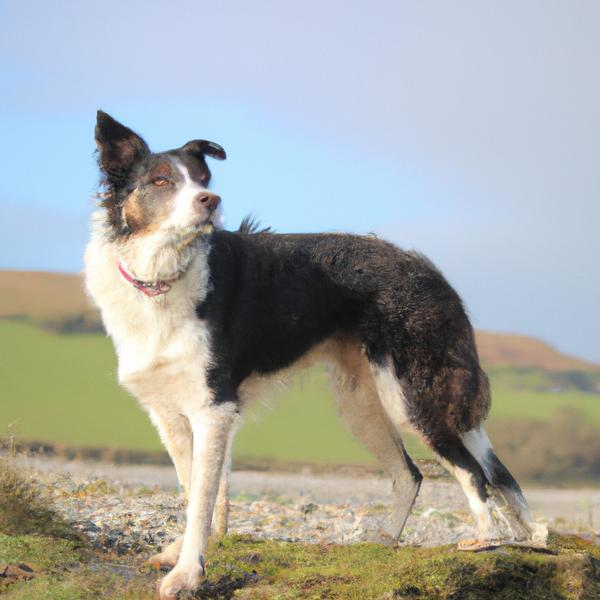
Border Collie Lakeland
Bloodhound vs Border Collie Lakeland
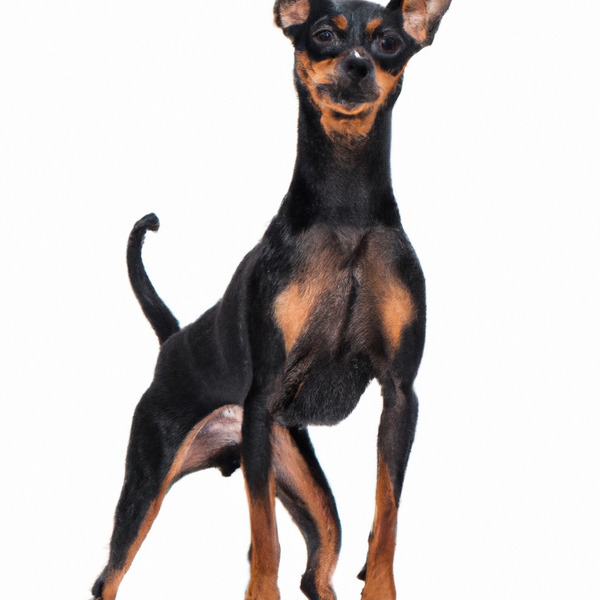
English Toy Terrier
Bloodhound vs English Toy Terrier
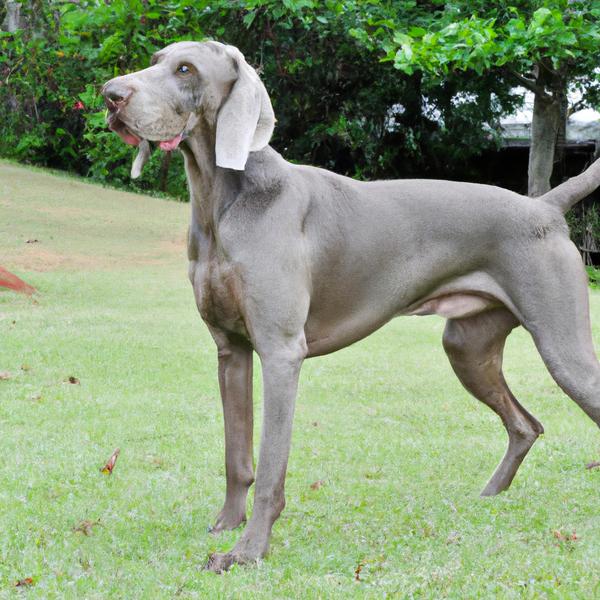
German Shorthaired Weimaraner
Bloodhound vs German Shorthaired Weimaraner
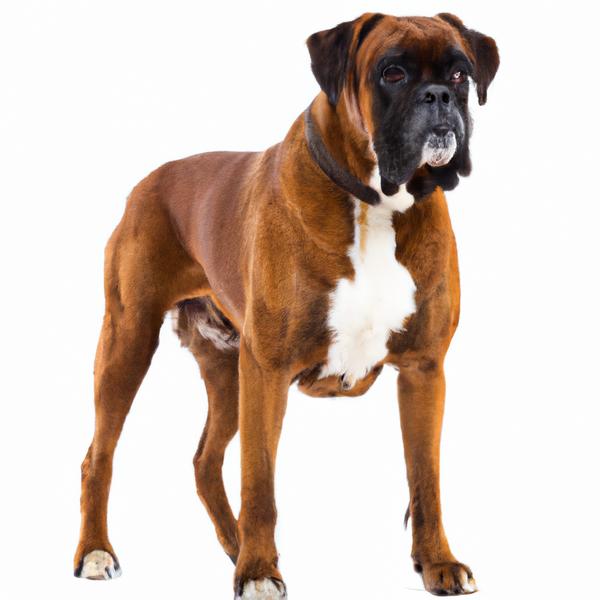
Boxer
Bloodhound vs Boxer
